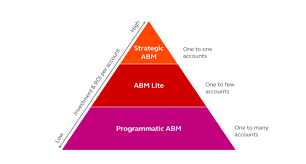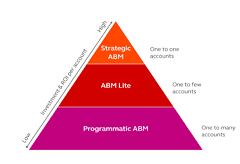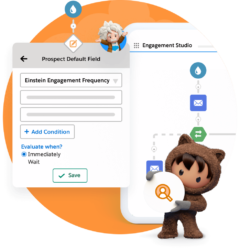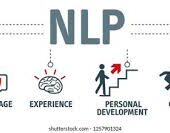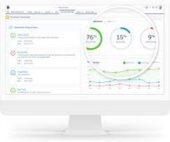Account based marketing (also known as ABM) is a highly effective B2B marketing strategy concentrating on specific customers or accounts. Rather than casting a widespread net to generate leads for campaigns, ABM opts for a more personalized approach to engage accounts individually, fostering trust and amplifying the lifetime value of customer relationships.
ABM reaches beyond the confines of the marketing team, requiring close collaboration across marketing, sales, and service teams to target accounts effectively and ensure a seamless experience. Three distinct ABM programs—1 to one , 1-to-few, and 1-to-many—allow flexibility aligned with specific business goals.
To execute a winning ABM strategy, the essential components include a customer relationship management (CRM) solution and a marketing automation platform, delivering personalized and timely messages to designated accounts at optimal moments. Salesforce CRM, coupled with Salesforce Marketing Cloud or Salesforce Account Engagement, are robust toolsets for account-based marketing.
Incorporating AI tools like Salesforce Einstein enhances the efficiency of identifying target accounts, offering valuable insights and a clear framework for engaging the most promising accounts. After pinpointing the desired accounts and comprehending their needs and preferences, these accounts can serve as templates to construct lookalike audiences for one-to-few or one-to-many ABM programs.
Account-based marketing (ABM) is a business marketing strategy that concentrates resources on a set of target accounts within a market. It uses personalized campaigns designed to engage each account, basing the marketing message on the specific attributes and needs of the account. Account-based marketing (ABM) is a B2B sales and marketing strategy that requires both teams to collectively engage specific target accounts that are considered a good fit for the brand. It’s a powerful, focused approach that targets specific, high-value prospects to convert them into sales.
What is the difference between marketing and account-based marketing?
Targeting: In traditional marketing, the target audience is usually defined by demographics, such as age, gender, and location. In contrast, account-based marketing targets specific accounts or organizations rather than individual consumers.
At its very core, ABM revolves around being account-centric, placing your buyers at the focal point of each and every interaction. For businesses ready to embrace ABM, Tectonic is ready to assist in tailoring your CRM and marketing automation platform. Offering customization, implementation, and ongoing managed services for the Salesforce platform, Tectonic ensures a seamless integration of ABM into your business strategy.

